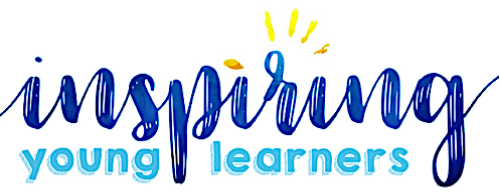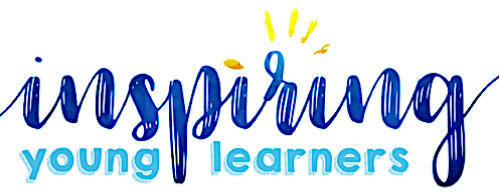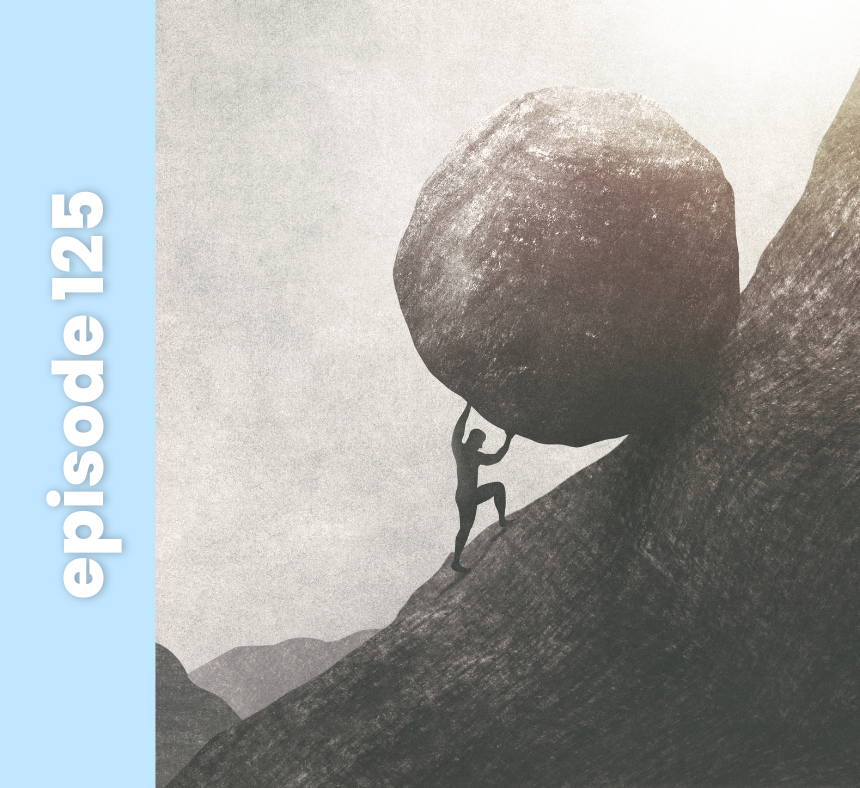As an educator, you often find yourself at the intersection of enthusiasm and exhaustion, especially when it comes to teaching ELLs.
The landscape of ELL education is fraught with challenges, in this episode of the Equipping ELL podcast, we are diving into the heart of these challenges, offering you practical insights and strategies to navigate them effectively. Let’s leave the struggles of this year in this year, as you prepare and look forward to the next!
1. Unpacking the Education Gap
One of the primary challenges discussed is the education gap among your ELL students, who often come to your classroom with varying levels of prior education. It is critical to identify these gaps early through assessments and tailored observations, allowing you to customize your teaching strategies to better suit individual needs.
2. Diagnosing Language vs. Learning Issues
Another critical issue addressed is your need to differentiate between language barriers and learning disabilities—a skill essential for any teacher of ELLs. In the episode, Beth offers practical strategies, such as differentiated instruction and bilingual support, to address these challenges effectively without stigmatizing or isolating your students.
3. Training vs. Reality: The Disconnect
We also delve into the disconnect between your training and reality in professional development sessions, with many educators expressing dissatisfaction with the current offerings. We want to advocate for PD that bridges the gap between theoretical concepts and practical application, equipping you with strategies that can be immediately implemented in your diverse classrooms!
4. Staffing Challenges and Student Overload
Furthermore, we discuss staffing challenges and student overload, stressing the importance of prioritizing recruitment and retention of qualified teachers to maintain the quality of education for your ELL students.
5. Bridging Communication Gaps Between Different Educators
It is essential to foster collaboration between content and language educators to enhance the learning experience for your ELLs. Check out episodes 122, 123, and 124 for more on this!
The complexities of ELL education is challenging, but it is also incredibly rewarding. By advocating for practical support, you can enhance both your teaching practices and your students’ learning outcomes. If you’re reflecting on the challenges of this past year, know that you’re not alone. Join us on Equipping ELLs as we navigate these challenges together and empower you to create an amazing year ahead. Together, we can overcome obstacles and ensure success for our ELL students.
Resources:
- Join the Equipping ELLs Membership (We have everything you need for your school year!)
- Shop our TpT Store for Hundreds of ELL Resources
Connect with Beth:
More about Equipping ELLs:
We all know that teaching isn’t easy, but it doesn’t have to be this hard. Equipping ELLs is a podcast for both ESL specialists and homeroom teachers who are looking for effective and engaging ways to support their English Language Learners without adding to their endless to-do list. Tune in each week to hear tips, strategies, and inspirational stories that will empower you to better reach your ELL students, equip them with life-long skills, and strengthen relationships with colleagues and parents.
Your host, Beth Vaucher, is the founder of Inspiring Young Learners. She is an ESL certified homeroom teacher with over 10 years of experience teaching in the US and internationally. Her background of M.Ed in ESL and Curriculum and Instruction combined with her experience has led her to develop a bestselling newcomer curriculum that has sold in over 90 countries around the globe. She brings a different perspective to teaching ELLs from her years teaching and living abroad and working with ELLs from around the world. You will walk away from each episode with the ideas and tools you need to transform your experience as a teacher and cultivate a thriving and welcoming environment for your ELL students.



